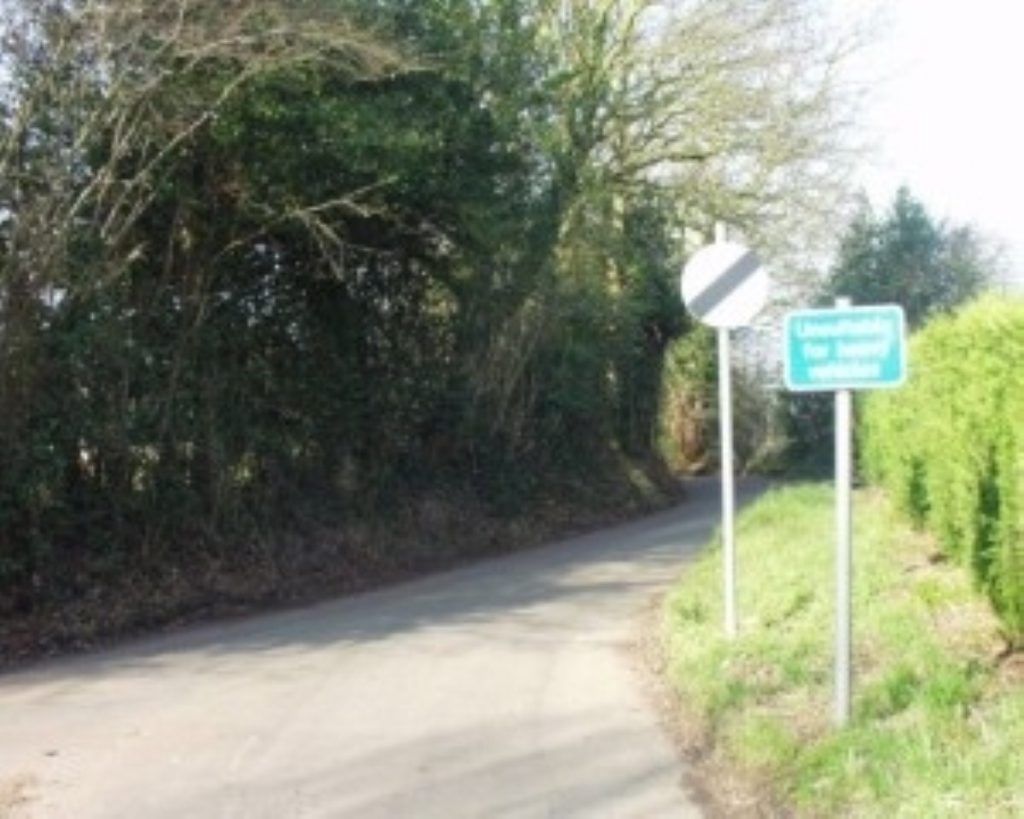Rural transport ‘letting people down’
Rural transport is ‘not working and letting people down’, according to a report released today.
The report by Transport 2000, the Countryside Agency and Citizens Advice, found that transport links in rural communities are disjointed with no overall controll linking them together.
The report maintains that opportunities for walking and cycling are poor and people living in rural areas see little option but to use cars to get around. This is leading to congestion rapidly becoming a problem for rural communities.
The ‘Rural Transport Futures’ report recommends increasing the funding to rural transport to improve services and lower fares; and calls for local authorities to be given powers to establish regional joint passenger transport authorities, responsible for area franchising of bus and local rail to ensure better integration of services.


Stephen Joseph, Director of Transport 2000, stated, ‘People in rural Britain very often do not have the transport they deserve. They are let down by poor quality public transport, walking and cycling that’s difficult or dangerous, rising traffic congestion and little alternative to owning a car.’
The report compares rural transport systems in the UK to initiatives being run in the Netherlands, Germany, Denmark, Austria, Switzerland and Sweden. It highlights that Europeans spend more public money on transport and also have a wealth of good ideas to ensure integrated services.
Lynn Sloman of Transport for Quality of Life, who edited the report, commented: ‘People in rural areas of Denmark, Germany, the Netherlands and Switzerland have many more transport choices than we do. Public transport is synchronised; taxi-buses run at off-peak times; and the roads are much safer for pedestrians and cyclists. These countries spend more than we do on rural transport, but their well-used, integrated services provide much better value for money than our poorly used skeleton networks.’
David Harker, chief executive of Citizens Advice, pointed out that poor transport links makes it difficult for people to get to work, shops, post offices and hospitals because of expensive or infrequent public transport.
He also warned that some people are getting into debt because they need to run a car to go to work and access basic services.
However, the picture across the UK is not uniformaly bad; the report pointed to good examples which could be rolled-out across the country and welcomed the Countryside Agency’s rural transport initiatives though its Rural Transport Partnership scheme. These aim to improve people’s access to jobs, services and social activities as well as making the countryside more accessible to visitors in a sustainable way.












